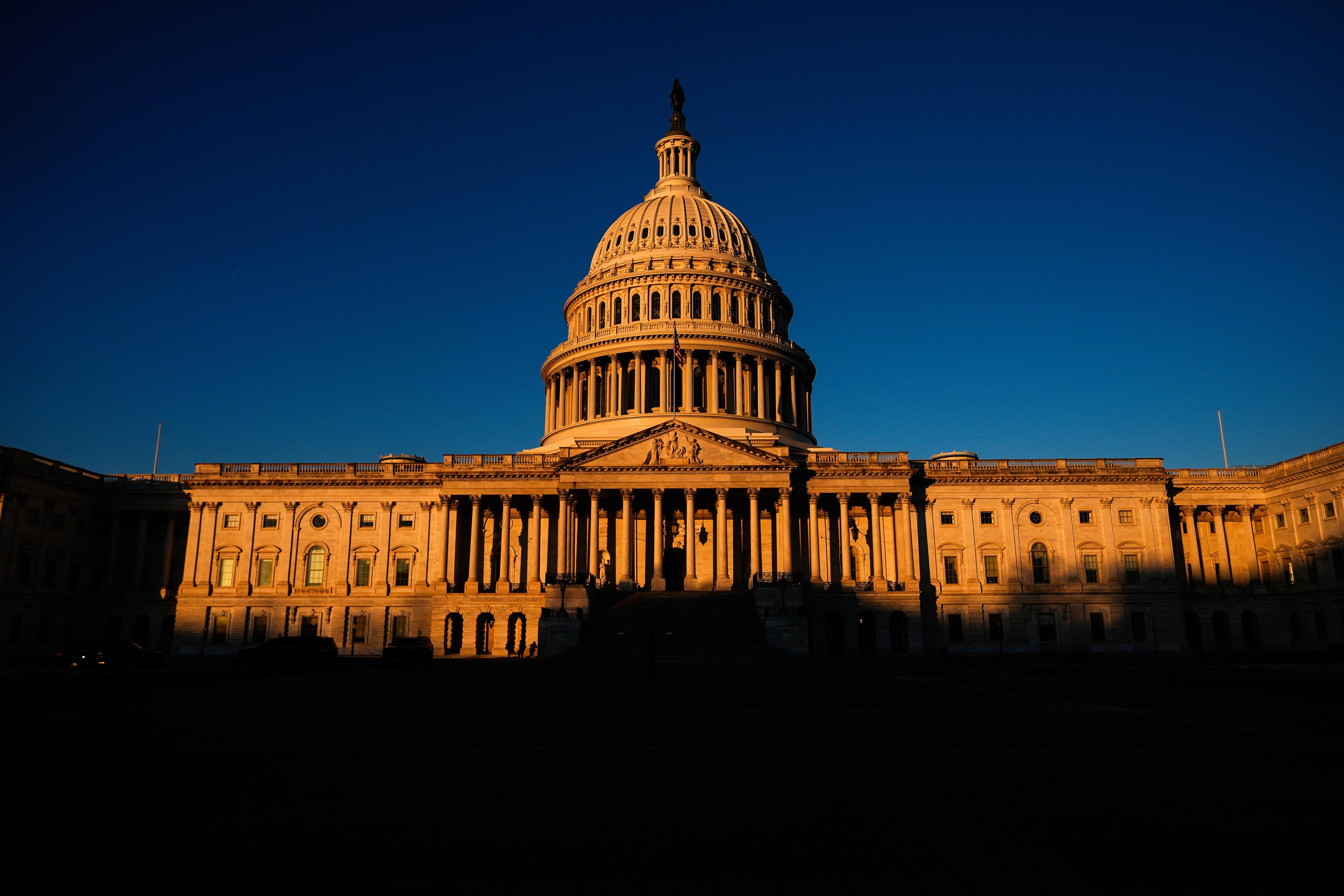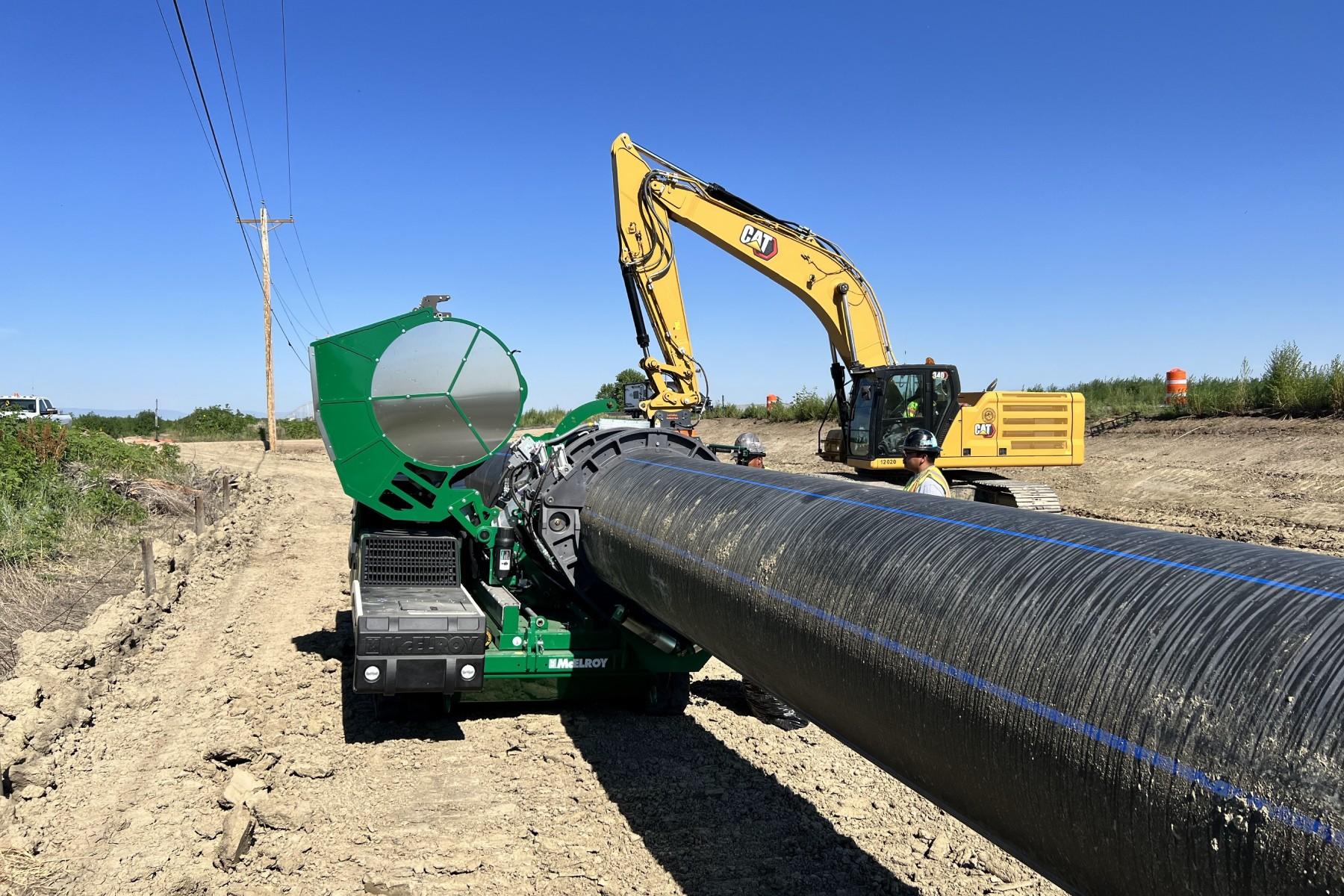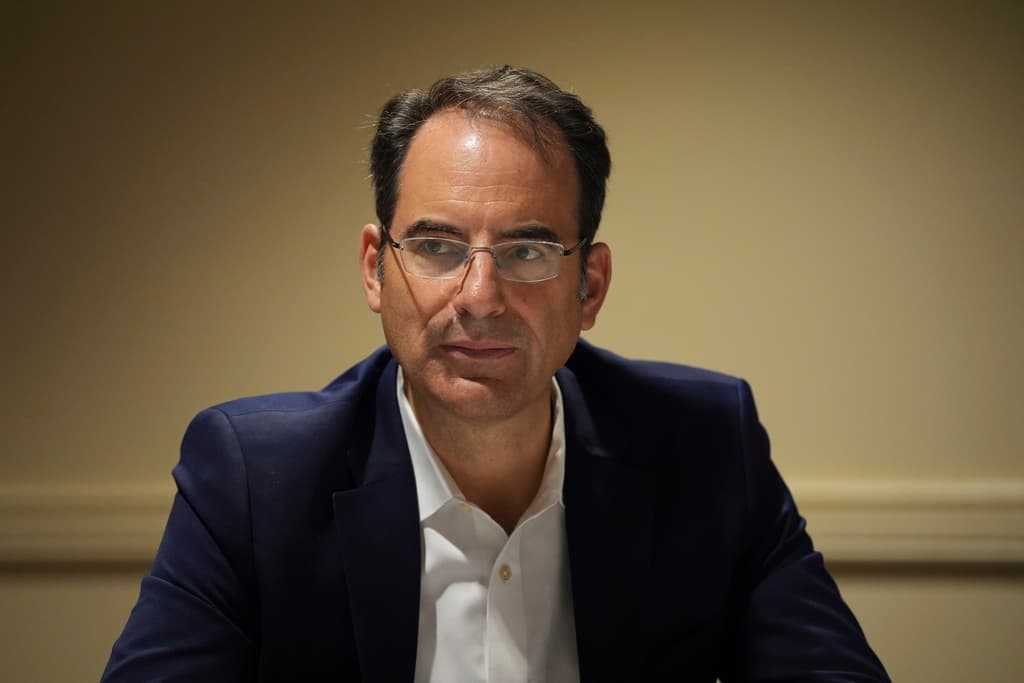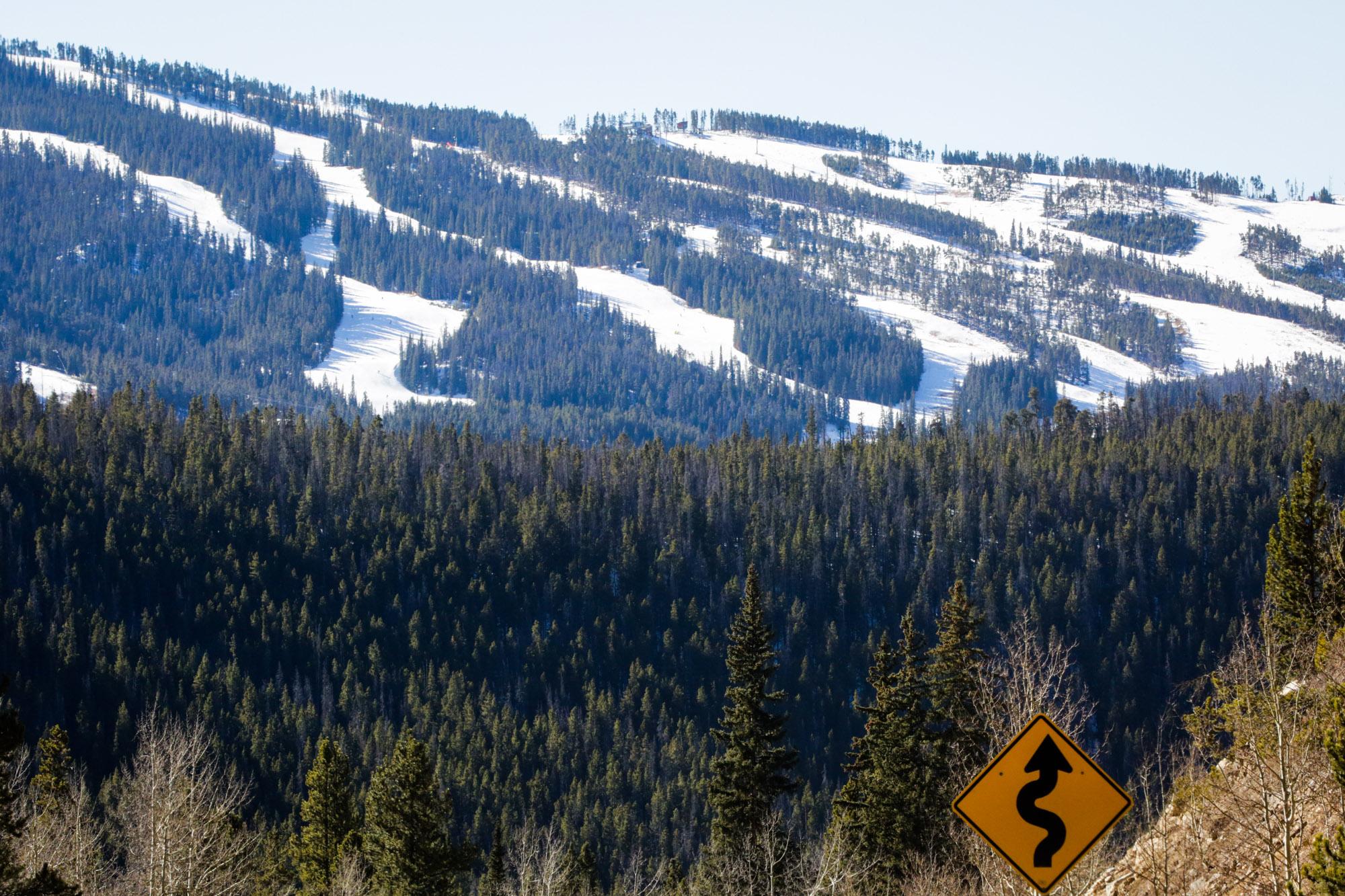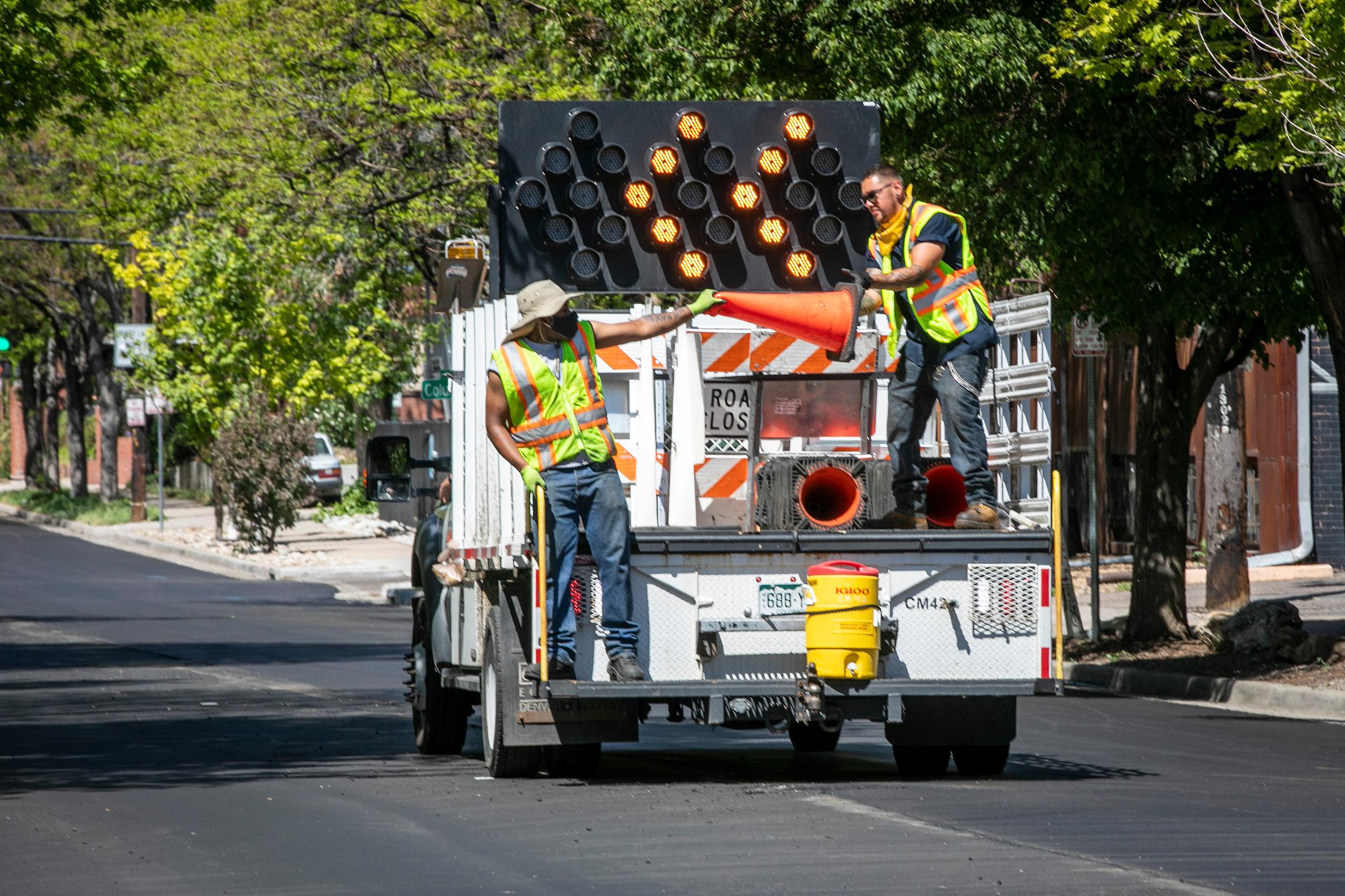
The 2C road improvement ballot measure was originally approved in 2015 as a .62 percent sales tax. In 2019, voters reduced the tax to .57 percent and extended it for 5 years, expiring December of 2025.
If passed, the 2C road improvement measure would continue collecting 5.7 cents for every $10 spent in Colorado Springs until December 31, 2035.
The 10-year extension would continue funding road repairs, including work on sidewalks, curbs and gutters throughout Colorado Springs.
Here’s the language you’ll see on the ballot:
Without imposing any new tax or increasing the rate of any existing tax, shall the existing 0.57% (5.7 pennies on a $10 purchase) temporary city sales and use tax authorized exclusively for road repairs and improvements be extended for a ten-year period after its current expiration on December 31, 2025 to and until December 31, 2035, with all revenues therefrom to be placed in a dedicated fund to be expended only upon road repairs and improvements for:
- Major streets;
- Residential streets;
- Access roads for parks and open spaces;
- Road construction where severe deterioration does not allow repair;
And providing for citizen advisory committee oversight, the above constituting no changes to the purposes previously authorized, as a continuation of a voter-approved revenue change and exception to any constitutional, statutory, and charter revenue and spending limitations that may otherwise apply?
How would it work?
Funds from the measure must be placed in a dedicated account and must be used on road repairs and improvements.
Money cannot be used on city staffing or equipment and the city is required to contract the road work to the private sector. A Citizens Advisory Committee consisting of two council members and four community members oversees the program.
Who’s for it?
In August, the Colorado Springs City council unanimously approved bringing the 2C road improvement measure to voters.
According to the city, more than 1,677 miles have been repaved since the creation of the 2C sales tax. In addition, 4 million square feet of sidewalk and 1 million linear feet of curbs and gutters have been replaced. The 2C funding has also resulted in the repair of 8,033 existing ramps and the installation of 1,997 new pedestrian ramps.
The city says that this funding is not for pothole repair. The Pikes Peak Rural Transportation Advisory fund is used to address pothole repairs.
Who’s against it?
In the official TABOR notice from El Paso County, the column against the measure calls roads part of the basic function of government.
“We overpay on sales, property, income, gas taxes and two dozen car registration “fees””
Some citizens are also critical of the way the money is spent, calling the tax a government overreach and claiming that too much of the money has been spent to replace curbs and gutters when potholes should be a larger priority.
Alternative suggestions include structuring the sales tax differently and providing more transparency about what the money actually funds.

